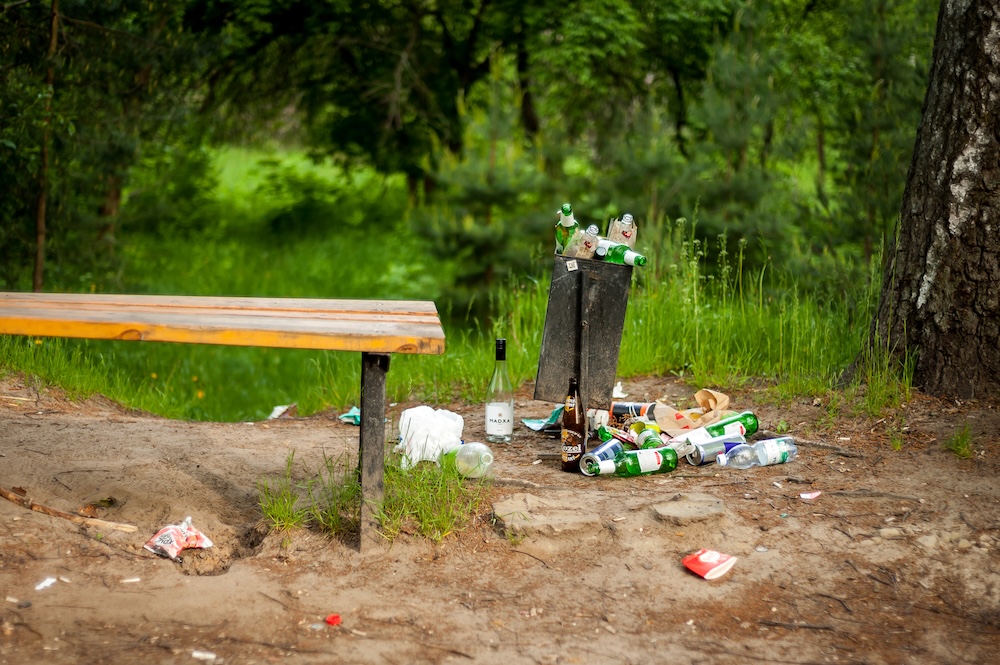Nature Is Not a Trash Can
Camping gives us a chance to reconnect with nature, but if done carelessly, it can also harm the very ecosystems we escape to enjoy. Sustainable camping isn’t just a trend—it’s a mindset that minimizes our impact while maximizing our connection to the outdoors.
Let’s explore how to camp sustainably: from reducing garbage and respecting wildlife to choosing gear and habits that align with an environmentally responsible lifestyle.
Why Camping Can Be Environmentally Harmful
Despite its low-tech appearance, camping often comes with:
- Single-use packaging and waste
- Pollution from gas stoves or generators
- Damage to local plant life
- Disruption to wildlife
- Campfires that contribute to emissions or start wildfires
- Improper human waste disposal
A few mindful changes can dramatically reduce your footprint and preserve natural areas for future campers and local ecosystems.
Sustainable Camping Tips
1. Pack It In, Pack It Out
Never leave anything behind—not even biodegradable waste like orange peels or coffee grounds. Wildlife can become dependent on human food or suffer health issues from it. Pack out all trash and food waste.
2. Use Reusable Gear
Bring reusable water bottles, utensils, cups, food containers, and cloth napkins. Avoid single-use items whenever possible.
3. Ditch Disposable Packaging
Prep meals in advance using reusable containers. Buy in bulk or transfer to mason jars and reusable silicone bags to reduce waste.
4. Choose a Sustainable Campsite
Stick to designated sites or established clearings to avoid harming fragile vegetation. Avoid camping directly next to water sources to protect aquatic ecosystems.
5. Practice Wildlife Etiquette
- Don’t feed wildlife
- Store food securely
- Use bear canisters or hang food if needed
- Keep a respectful distance and avoid flashlights or loud noises at night
6. Eco-Friendly Toileting
Use campsite toilets when available. If not:
- Dig a cathole at least 6–8 inches deep and 200 feet from water
- Pack out used toilet paper in a sealed bag
- Consider bringing a portable composting toilet
7. Campfire Responsibility
Only use existing fire rings. In fire-prone areas, opt for a portable stove instead of a campfire. If allowed:
- Burn only local, untreated wood
- Never burn trash
- Fully extinguish fires with water, not dirt
8. Eco-Conscious Gear
Buy secondhand gear or from companies that use recycled materials, ethical labor practices, or take-back programs. Quality items last longer and reduce the need for replacements.
9. Use Biodegradable Products
Only use biodegradable soaps and cleaners (and at least 200 feet from any water source). Avoid microplastic-filled wipes or glitter-based items.
10. Leave No Trace
Follow all 7 Leave No Trace principles. These are the gold standard for ethical outdoor behavior and align closely with sustainable values.
Common Questions About Sustainable Camping
Is biodegradable waste okay to leave behind?
No. It can attract wildlife, interfere with natural diets, and take longer than you think to decompose.
Are propane stoves eco-friendly?
They’re better than building fires in some cases, but a solar cooker or wood-burning stove with filters may be more sustainable.
What’s the best trash solution when backpacking?
Use a sealable, odor-proof bag or container. Many hikers use odor-locking pouches similar to bear canisters.
Can I bury toilet paper?
Best practice is to pack it out in a sealed bag. Even “biodegradable” toilet paper can take months to decompose.
Do I need to filter gray water?
If you’re using biodegradable soap and rinsing 200 feet from water sources, you don’t need to filter, but always scatter the water broadly.
Final Thoughts
Sustainable camping is about more than checking a box—it’s about honoring nature by acting as a responsible guest. When you camp with care, you not only protect ecosystems but also deepen your appreciation for the wild. A sustainable camper leaves no trace—but creates a lasting impact through respect.









Reader Interactions